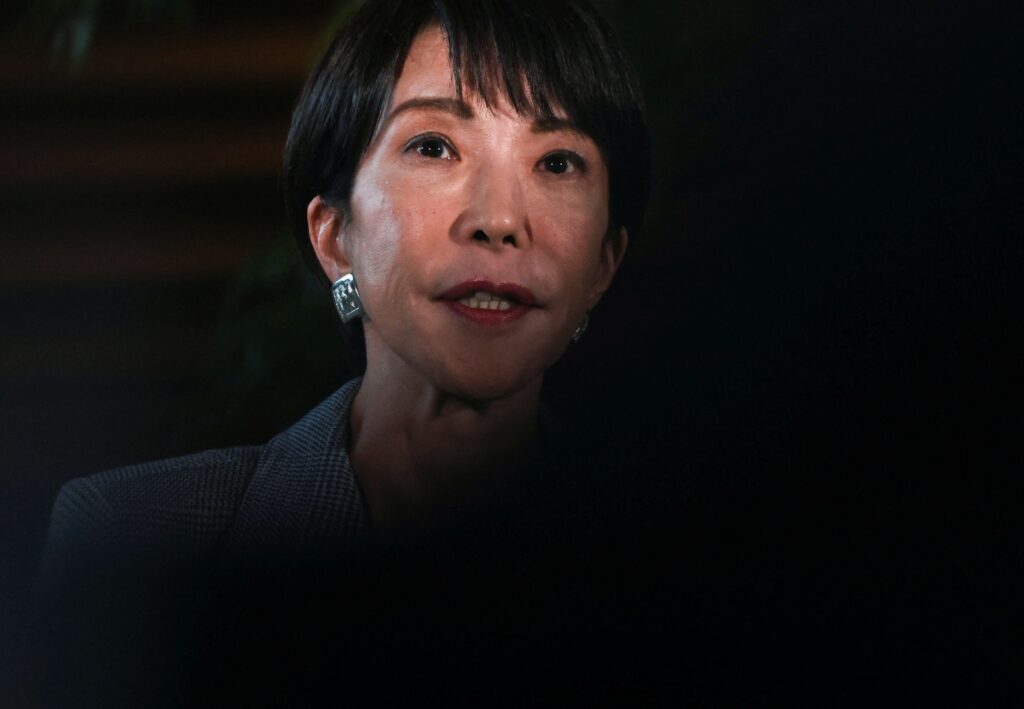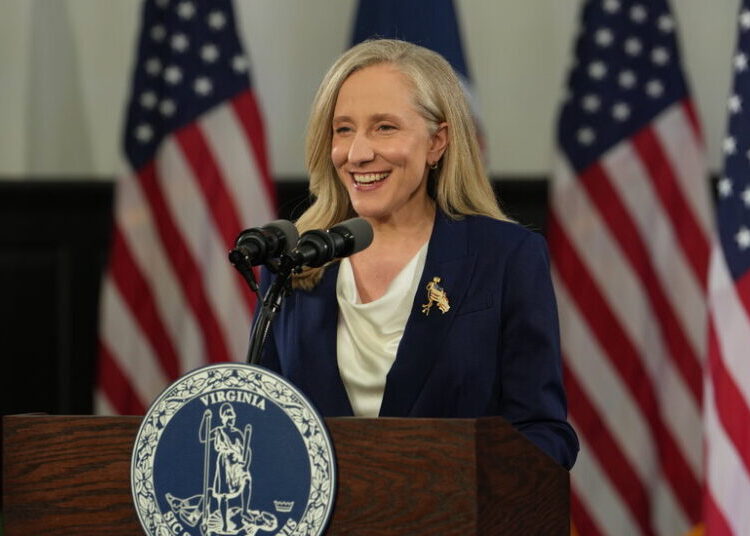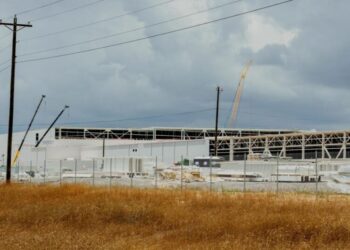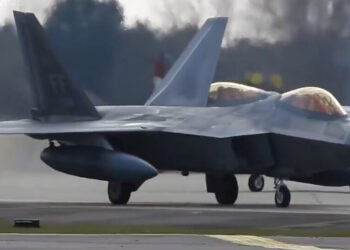Newly installed Japanese Prime Minister Sanae Takaichi has found herself in a scuffle with China over the thorny issue of Taiwan. She could stand to learn a lesson or two from a surprising source when it comes to this diplomatic conundrum: Donald Trump.
Takaichi sparked an escalating diplomatic row by telling her parliament that a Chinese attack on Taiwan would threaten Japan’s survival, and Tokyo would respond militarily to defend the democratic, self-ruled island. It’s encouraging that Japan is taking the threat seriously, but Beijing reacted to Tokyo with the predictable overheated fury.
China’s top diplomat in Osaka, Consul General Xue Jian, effectively threatened to behead the Japanese leader on social media. China’s Foreign Ministry warned its citizens against traveling to Japan, and the Education Ministry told students to reconsider their study plans. The planned release of two Japanese films in China was nixed, and Beijing threatened to cut off its market to Japanese seafood.
In a warning of how tensions might quickly escalate, China sent a formation of Coast Guard ships to patrol in the waters around the disputed Senkaku islands in Japan and the Diaoyu islands in China. These sorts of maneuvers can easily turn deadly in the event of an accidental collision in narrow waters.
This reflects profound insecurity on China’s part, and it’s a reminder of why, for all of America’s missteps, many countries still prefer dealing with Washington. And Takaichi wasn’t wrong. Japan has legitimate economic and security interests in Taiwan, which produces some 90 percent of the world’s most advanced chips and is vital to Japan’s shipping lanes.
Recognizing this reality, Japan has been ramping up its military spending and acquiring more sophisticated weaponry. Japan’s new strategic doctrine correctly names China and North Korea as the greatest threats to regional stability. But why pick a fight now? Tokyo gains little from saying the quiet part out loud, even if hawks in other democratic nations take kindly to the country’s newfound assertiveness.
Contrast this with Trump’s ability to remain ambiguous on how the U.S. might react in the event of a Chinese invasion. During his Asia trip last month, he managed to lower the temperature after meeting with Chinese President Xi Jinping. Taiwan was reportedly never discussed. A Monday phone call between Trump and Xi about the self-ruling democratic island may have eased tensions even more. Trump too often shoots from the hip, posting about attacking Venezuela or going into Nigeria “guns-a-blazing” to protect Christians. But he clearly understands the stakes with China are far higher.
Xi thrives on external conflict to rally nationalist sentiment at home and divert attention from China’s slowing economy and widespread youth unemployment. Weaponizing anti-Japanese outrage is an easy way to do it.
Deterrence doesn’t require unneeded provocation. With China, carrying a big stick is always better than speaking loudly.
The post Japan’s prime minister says the quiet part out loud appeared first on Washington Post.




